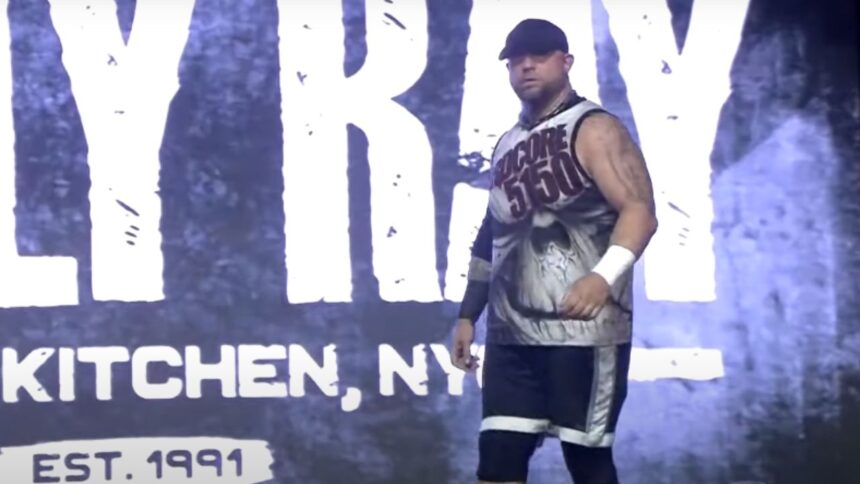Nic Nemeth, better known to wrestling fans as Dolph Ziggler, made waves in 2023 when he parted ways with WWE after nearly two decades with the company. The departure, initially surprising to many, was later clarified by Nemeth himself, revealing that he had requested to be released. WWE Hall of Famer Bully Ray, speaking on “Busted Open Radio,” offered insights into the circumstances surrounding Nemeth’s exit and his subsequent career choices.
“Nic was getting paid so well by WWE for so long to do absolutely nothing, that he actually got tired of getting paid so well and doing absolutely nothing,” Bully Ray quipped, highlighting a common dilemma faced by underutilized talent in the industry.
Bully Ray delved into the dynamics where WWE often retains performers with lucrative contracts despite limited on-screen opportunities. In response to discontent, WWE may offer substantial pay increases to persuade wrestlers to stay, a tactic that temporarily appeases but doesn’t resolve underlying career frustrations. According to Bully Ray, Nemeth’s decision to leave WWE after his contract expired stemmed from a desire to reclaim his passion for wrestling, even if it meant earning less outside the company.
Since departing WWE, Nemeth has embarked on a diverse wrestling journey, making appearances across various promotions including NJPW and TNA Wrestling. Despite potentially lower earnings compared to his WWE tenure, Bully Ray noted that Nemeth appears fulfilled and invigorated by the chance to showcase his skills in different environments.
Stephen’s Insight
Bully Ray’s commentary provides valuable insight into the intricate dynamics between wrestlers and promotions, particularly the delicate balance between financial security and creative fulfillment. Through his analysis, Ray illuminates the challenges that wrestlers like Nemeth often encounter as they navigate their careers within the industry.
Nemeth’s journey serves as a poignant reminder of the sacrifices and tough decisions wrestlers frequently confront in their pursuit of passion and success. The quest for financial stability can sometimes conflict with the desire for artistic expression and career satisfaction. Wrestlers must weigh these considerations carefully, often making choices that impact not only their immediate careers but also their long-term personal and professional fulfillment.
In sharing these insights, Bully Ray underscores the complexities inherent in the wrestling industry, where talent must navigate a competitive landscape while striving to maintain artistic integrity and achieve personal goals. Nemeth’s experience resonates with many within the wrestling community, reflecting the universal challenges faced by performers who dedicate themselves to a demanding and unpredictable profession.
Ultimately, Ray’s commentary encourages a deeper appreciation for the decisions wrestlers make and the sacrifices they endure in their pursuit of success and fulfillment in an industry that blends athleticism with storytelling. His perspective sheds light on the multifaceted nature of the wrestler-promotion relationship, emphasizing the importance of balance and resilience in navigating the highs and lows of a career in professional wrestling.




